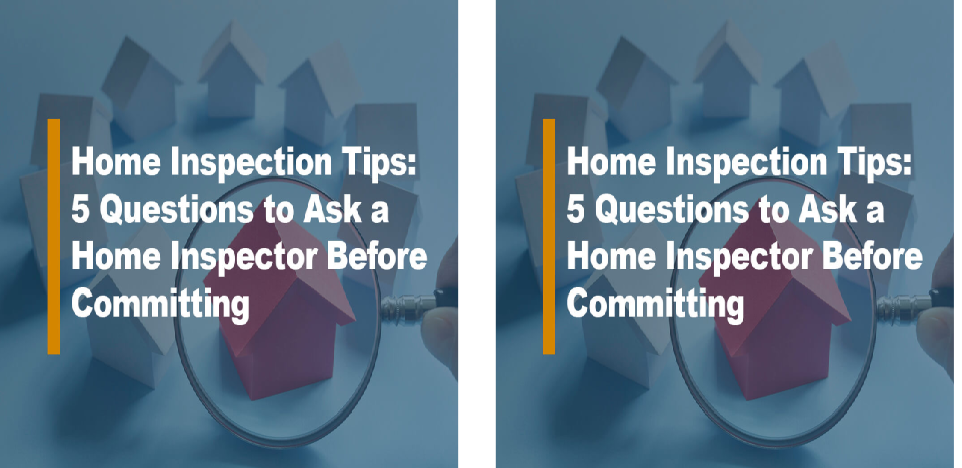Home Inspection Tips For Buyer’s Guide is the most popular and widely used resource to purchase a home. If you have ever thought about purchasing a home, you may have read this book. It covers the major issues, a potential buyer should be aware of before purchasing a home. As I said before, it is free. And has a complete glossary of terms used by real estate professionals.
|The Home Inspection Checklist for Buyer’s Guide is a full color, easy to read guide. It includes everything from basic house measurements to detailed inspections of appliances, basements, stairs, roof, foundation, electrical system, heating and cooling, garage, basement, crawl space, exterior, sound walls, leaks, plumbing system, and more. It also comes with a complete list of all home inspections covered in the book. And the last item in the checklist is a brief, but important disclaimer: “While every inspection included herein is recommended for the buyer, none are deemed necessary.”
Some of the things you might need to get one of these books are: Home Inspection Tips for the Home Buyer, Home Inspection Checklist for the Seller, and Real Estate Secrets Revealed. So if you think you might need some of those books, go ahead and get one. You’ll find many excellent articles, helpful tips, and valuable information inside. The main thing is to learn what kind of inspections you might need to get, how often, and how much they cost.

Home Inspection Checklist for the Home Buyer
When you get one of these checklists, it will usually include a few pre-written reports to make sure you understand exactly what the inspector found. In other words, it’s a “binder.” But in reality, all inspectors aren’t created equal. Some are more thorough than others. So if you’ve got a real estate agent, ask them for a list of inspectors they recommend. In fact, you can do your own research and find out which inspectors in your area are best at what!
Some states require that home inspections are done by licensed inspectors. Others don’t. If your state doesn’t require inspections by license, check your local building codes and contact a home inspector who is up to date on current standards for inspections.
Most buyers to hire a home inspector because of its credibility. A professional inspector conducts an honest inspection process that ends up providing them with accurate information about the condition of the property. If you don’t have a home inspector, make sure you set it up before you close on the house. Make sure it’s completed so you can let the real estate agent know what you’re working with and can move forward with the negotiation process.
Home Inspection Tips for the Contractor
Home inspections aren’t for everyone and some people don’t need them. However, a good contractor will always perform an honest inspection that ends up providing them with valuable information. Be wary of contractors who offer ridiculously low initial fees or have unusual terms when it comes time to pay the total. Your goal isn’t to get the lowest price on the inspection; your goal is to get detailed reports from a qualified inspector that provide you with insight into how the property should be maintained or repaired.
Home Inspection Tips for the Home Buy
Home inspectors aren’t perfect, but you can learn a lot from their experiences. Listen closely to the inspector’s opinions and recommendations. Determine whether you have any repairs that need to be made before you take possession of the home. If necessary, ask the inspector for advice on how you can make repairs. And remember that even if the inspector makes all of the repairs or modifications suggested in their report, you still own the house and are responsible for maintaining it in a safe manner.